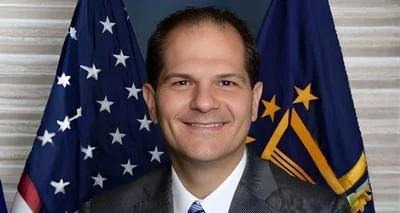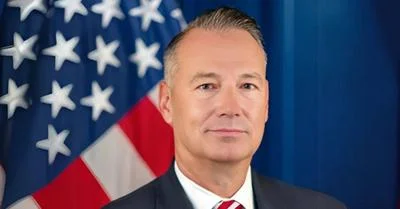Congressman Mike Quigley | Congressman Mike Quigley Official Website
Congressman Mike Quigley | Congressman Mike Quigley Official Website
On Jun 29, Rep. Mike Quigley (D-IL) alongside Reps. Mike Gallagher (R-WI), Bruce Westerman (R-AR), and Eric Swalwell (D-CA), reintroduced the Promising Pathway Act. This bill would create a quick, provisional approval pathway for promising drugs able to treat life-threatening conditions.
“Americans diagnosed with neurogenerative diseases like ALS, Parkinson’s and Alzheimer’s deserve hope, not a death sentence. As someone who has worked with champions in the ALS community to push for new treatments and a cure for the disease, I believe there is more we can do for Americans as they confront life-threatening conditions,” said Rep. Quigley. “This legislation will cut unnecessary red tape and help patients receive access to revolutionary new drugs that could drastically change their lives for the better.”
"Giving patients access to potentially life-saving drugs is a common-sense way to help individuals receive the care they need," said Rep. Gallagher. "This bill prioritizes patient's lives, promotes innovation, and cuts through the bureaucratic red tape that can slow down the approval process. I'm proud to introduce this bipartisan legislation in the House.
"For far too long, red tape has prevented patients with terminal conditions from finding necessary therapies,"said Rep. Westerman. "The Promising Pathway Act will allow innovative therapies with positive clinical trial data to treat patients outside the FDA's rigid trial requirements and spark competition between smaller and larger pharmaceutical companies. I am grateful for the opportunity to work in a bipartisan fashion to help patients across the country get the help they desperately need."
Although other expedited pathways exist, this bill allows for more innovative clinical trials and encourages FDA review of applications on a rolling basis. To gain FDA approval through this pathway, drug sponsors still need to demonstrate substantial evidence of safety and early evidence of effectiveness. Provisional approval can only last up to eight years so sponsors are incentivized to pursue full FDA approval.
Issues:HEALTH CARE
Original source can be found here.






 Alerts Sign-up
Alerts Sign-up